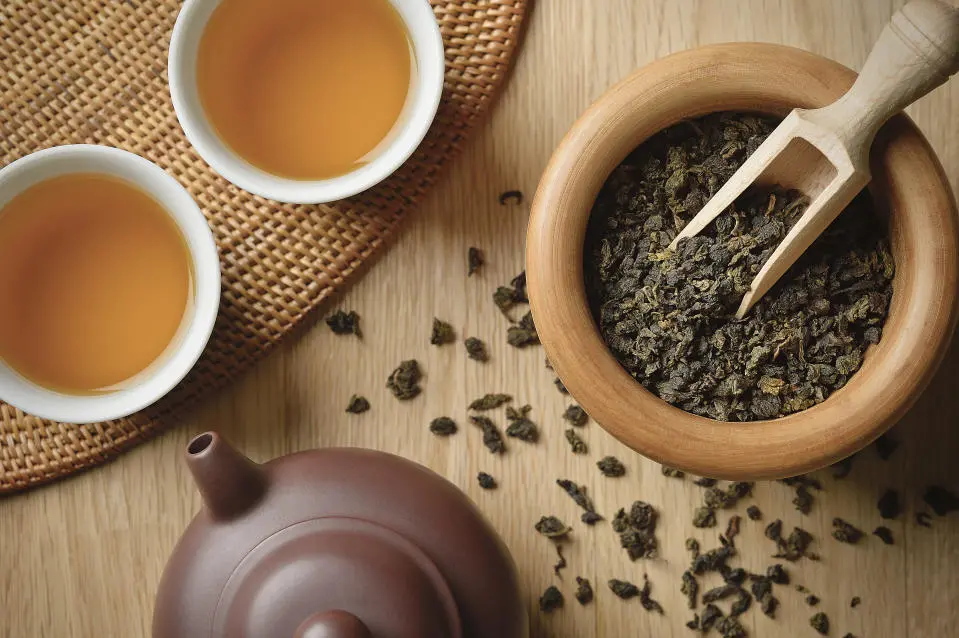- Home
- Medical news & Guidelines
- Anesthesiology
- Cardiology and CTVS
- Critical Care
- Dentistry
- Dermatology
- Diabetes and Endocrinology
- ENT
- Gastroenterology
- Medicine
- Nephrology
- Neurology
- Obstretics-Gynaecology
- Oncology
- Ophthalmology
- Orthopaedics
- Pediatrics-Neonatology
- Psychiatry
- Pulmonology
- Radiology
- Surgery
- Urology
- Laboratory Medicine
- Diet
- Nursing
- Paramedical
- Physiotherapy
- Health news
- Fact Check
- Bone Health Fact Check
- Brain Health Fact Check
- Cancer Related Fact Check
- Child Care Fact Check
- Dental and oral health fact check
- Diabetes and metabolic health fact check
- Diet and Nutrition Fact Check
- Eye and ENT Care Fact Check
- Fitness fact check
- Gut health fact check
- Heart health fact check
- Kidney health fact check
- Medical education fact check
- Men's health fact check
- Respiratory fact check
- Skin and hair care fact check
- Vaccine and Immunization fact check
- Women's health fact check
- AYUSH
- State News
- Andaman and Nicobar Islands
- Andhra Pradesh
- Arunachal Pradesh
- Assam
- Bihar
- Chandigarh
- Chattisgarh
- Dadra and Nagar Haveli
- Daman and Diu
- Delhi
- Goa
- Gujarat
- Haryana
- Himachal Pradesh
- Jammu & Kashmir
- Jharkhand
- Karnataka
- Kerala
- Ladakh
- Lakshadweep
- Madhya Pradesh
- Maharashtra
- Manipur
- Meghalaya
- Mizoram
- Nagaland
- Odisha
- Puducherry
- Punjab
- Rajasthan
- Sikkim
- Tamil Nadu
- Telangana
- Tripura
- Uttar Pradesh
- Uttrakhand
- West Bengal
- Medical Education
- Industry
Tea Consumption every day linked to reduced mortality risk: Study

UK: Regardless of genetic diversity in caffeine metabolism, higher tea consumption was linked to a decreased mortality risk among those who drank two or more cups per day, states a study published in Annals of Internal Medicine.
The world's second most popular beverage, after water, is tea, according to the UN. In the United Kingdom and the United States, black tea is the variety that is most popular. Other nations favor different types of tea more, such as green tea, jasmine tea, fruit tea, and herbal tea. In populations where black tea is the primary variety consumed, there is still some debate over the relationship between tea consumption and mortality risk.
The researchers analyzed the links between drinking tea and overall cause-specific mortality, as well as any potential effect modification due to genetic variation in caffeine metabolism.
498,043 men and women, aged 40 to 69, from the U.K. Biobank who responded to the baseline touchscreen questionnaire between 2006 and 2010 were evaluated for this analysis. The majority of survey participants were white. The majority of this group—85%—said they drank tea every day; of those, 11.5% drank one cup or less, 29.4% drank two to three cups, 25.5% drank four to five cups, 11.8% drank six to seven cups, 3.7% drank eight to nine cups, and 3.4% drank ten cups or more.
Key findings of the study:
- Those who drank two or more cups of tea per day had a modestly lower chance of passing away from any cause during the course of the study's 11.2-year median follow-up period.
- The hazard ratios (95% CIs) were 0.95 (95% CI, 0.91 to 1.00), 0.87 (CI, 0.84 to 0.91), 0.88 (CI, 0.84 to 0.91), 0.88 (CI, 0.84 to 0.92), 0.91 (CI, 0.86 to 0.97), and 0.89 (CI, 0.84 to 0.95), respectively, for participants drinking 1 or fewer, 2 to 3, 4 to 5, 6 to 7, 8 to 9, and 10 or more cups per day.
- For mortality from total CVD, ischemic heart disease, and stroke, inverse relationships were seen.
- Results were comparable regardless of whether participants additionally drank coffee or not, as well as regardless of a genetic score for caffeine metabolism.
- Tea consumption has been associated with a reduced risk of death from cardiovascular causes. Only those who drank 10 or more cups per day experienced a significant risk decrease for fatalities due to stroke (HR 0.48).
- It was also connected to a somewhat lower risk of dying from cancer and a respiratory condition.
"While these results give tea lovers some peace of mind, the results do not suggest that people should start drinking tea or alter their current tea consumption in order to reap the health advantages", added the researchers.
The authors concluded that even at higher intake levels, black tea can be a component of a healthy diet.
REFERENCE
Maki Inoue-Choi, Yesenia Ramirez, Marilyn C. Cornelis, et al; Tea Consumption and All-Cause and Cause-Specific Mortality in the UK Biobank: A Prospective Cohort Study. Ann Intern Med. [Epub 30 August 2022]. doi:10.7326/M22-0041
Dr Kamal Kant Kohli-MBBS, DTCD- a chest specialist with more than 30 years of practice and a flair for writing clinical articles, Dr Kamal Kant Kohli joined Medical Dialogues as a Chief Editor of Medical News. Besides writing articles, as an editor, he proofreads and verifies all the medical content published on Medical Dialogues including those coming from journals, studies,medical conferences,guidelines etc. Email: drkohli@medicaldialogues.in. Contact no. 011-43720751


